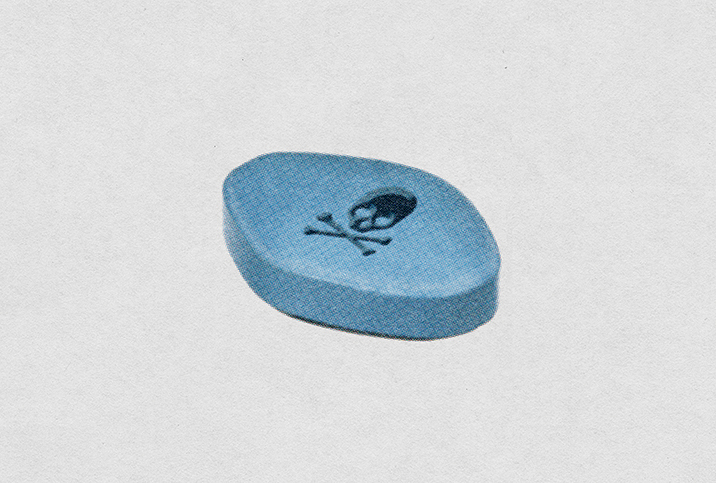Erectile Dysfunction: Myths & Misconceptions

Erectile dysfunction, or ED, is a very common condition where a man is unable to maintain a firm erection. This can have a serious impact on the affected individual's sex life and self-esteem. To make matters worse, the stigma around ED has led to all kinds of misinformation about the condition and what its symptoms might mean for men who have it.
ED may seem like a taboo subject, but knowing the facts that dispel the myths can help you understand more about this condition and how to treat it successfully.
Myth: Erectile dysfunction affects only older men.
Reality: While it's true that younger men rarely experience it, ED can affect men of any age, as long as they are sexually mature enough to have an erection.
The benchmark age most associated with ED is 40, but many studies have found a significant prevalence of the condition in men younger than that. According to some estimates, ED occurs in 8 percent of men ages 20 to 29, and 11 percent of men ages 30 to 39. Among younger men, the root cause of ED is more likely to be psychological in nature, rather than physical.
Myth: ED is permanent.
Reality: This is only partially true. For some men, ED is indeed a permanent health issue; for others, it's often a temporary condition and one that can be treated, either with the use of wearable devices, prescribed medication or therapy.
ED may also come and go with other health problems. The University of Wisconsin School of Medicine and Public health reports that preexisting conditions such as diabetes, hormone imbalances and mental health issues can all interfere with the flow of blood to the penis.
Men who suffer from any one or a variety of these conditions may have restrictions on what sort of treatment they can use, or they may not like the side effects of common treatments. Eddie® is a safe treatment that does not have the side effects of prescription pills, nor does it require a prescription to obtain.
An FDA-registered Class II medical device, Eddie is designed to treat erectile dysfunction and improve male sexual performance. Its specific shape optimizes blood flow as it puts pressure on the veins of the penis but not the arteries.
Drug abuse, alcoholism and poor communication between partners can also be catalysts for ED.
Myth: It's my partner's fault I can't get an erection.
Reality: This is not necessarily true. In fact, accusing your partner of not being sufficiently attracted to you (or vice versa), or being noticeably withdrawn, can actually worsen the condition. Indeed, it could close the door on one approach that might solve the problem: being able to talk it out.
One survey quoted by the Center for Sexual Wellness and Medicine found that 42 percent of women in heterosexual relationships blame themselves for their partner's ED, chalking it up to their own lack of sexual desirability. When possible, remind yourself of one truth: Whether you are suffering from ED or supporting a partner who has it, this condition will not be improved by laying blame.
Giddy couples therapist Rachel Madorsky shares some guidance about playing the "blame game" in the ED Guide Video Series. Click here to watch the video.
Myth: I'm not as interested in sex as I used to be, so I must have ED.
Reality: A waning interest in sex is not always a sign of ED. Sex drive in men tends to slowly taper off with age, usually correlating with a gradual decline in testosterone levels. This is all perfectly normal, but if your lack of libido is disrupting your relationship, you have some exciting ways to take matters into your own hands:
- Treat yourself or your partner to sexy lingerie.
- Discover some toys that you both find enjoyable.
- Plan a sexy weekend getaway together.
- Be more spontaneous—try a new sex position.
- Consider adding roleplaying to your sex life.
The truth
Erectile dysfunction can happen to any sexually mature person with a penis. It's usually treatable by identifying causes—which are usually within the mind and body, not the fault of your partner. Not every man will experience ED, but many will. If you do, talking to your partner and doctor, as uncomfortable as it may feel, will help you get back to your normal sex life.


















